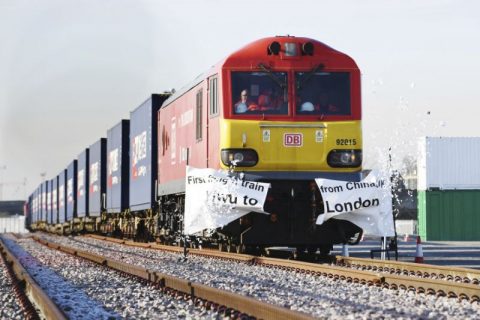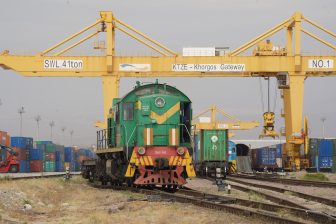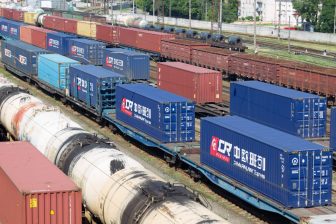
UK wakes up to New Silk Road trade opportunities
Yiwu to Barking (London) first China - UK New Silk Road Train arrives in London
Despite historical links going back a millennia, Britain has been slow to engage with the New Silk Road. Continental Europe has forged ahead, with dozens of trains every week linking ports and terminals all the way from Finland to Italy with destinations and origins in Asia and China. Yet, in the past few months, a raft of UK operators, forwarders and consolidators have launched new services. All along the Belt and Road, word is … the British are coming.
Do you want to read the full article?
Thank you for visiting RailFreight.com. Become a member of RailFreight Premium and get full access to all our premium content.
Are you already a member?
Having problems logging in? Call +31(0)10 280 1000 or send an email to customerdesk@promedia.nl.




